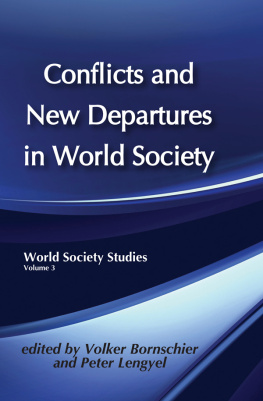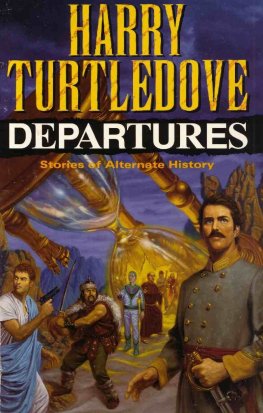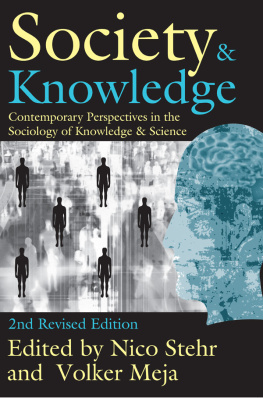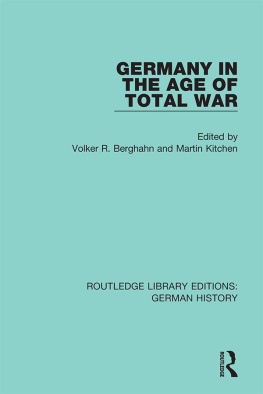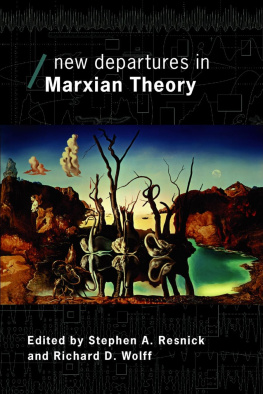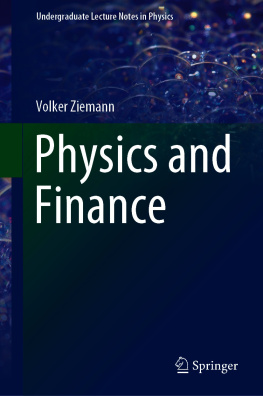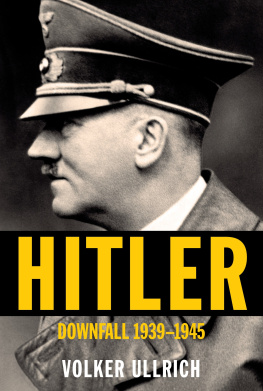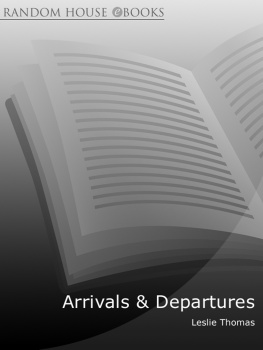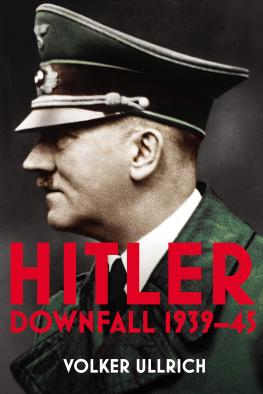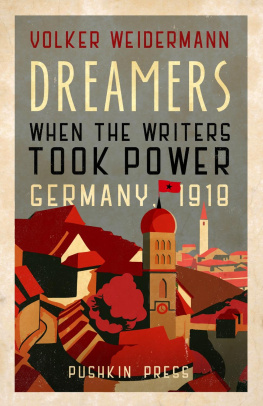First published 1994 by Transaction Publishers
Published 2017 by Routledge
2 Park Square, Milton Park, Abingdon, Oxon OX14 4RN
711 Third Avenue, New York, NY 10017, USA
Routledge is an imprint of the Taylor & Francis Group, an informa business
Copyright 1994 by Taylor & Francis.
All rights reserved. No part of this book may be reprinted or reproduced or utilised in any form or by any electronic, mechanical, or other means, now known or hereafter invented, including photocopying and recording, or in any information storage or retrieval system, without permission in writing from the publishers.
Notice:
Product or corporate names may be trademarks or registered trademarks, and are used only for identification and explanation without intent to infringe.
ISSN: 09423087
ISBN 13: 9781560001294 (hbk)
Towards the end of our century people in the most diverse locations on earth and in the most varied of circumstances are becoming increasingly aware that the world is growing irrevocably together, into a world society. This emerging society faces every sort of problem, in its parts and as a whole. Yet it also represents a great challenge to humanity which thus attains a completely novel stage of its social evolution.
The Stiftung Weltgesellschaft World Society Foundation offers its support to social scientists who wish to meet this challenge by making world society and its constituent phenomena more frequently the subject of their professional attention and reflection.
The financial means at the Foundations disposal to support social scientific research on world society are limited. Moreover, it supports only such research projects as deal with social phenomena explicitly from the viewpoint of world society. It thus attempts, with its modest means, to contribute to a venture which will in future no doubt be pursued by an increasing number of participants.
The Foundation respects values of a scientific nature (communicational capacity about a subject), of comprehensibility (public communicational ability) and of pluralism (communication across cultures and schools of thought). It favors no particular school of thought, but is open to different theoretical and methodological approaches to the social scientific study of world society. Original formulations including those that might deal with problems which propose a specific research project on the basis of a clear research design are of interest to the Foundation.
The Foundation was established in 1982 by Peter Heintz (19201983) and endowed by him posthumously. Peter Heintz taught and conducted research in Europe, South and North America. Before returning in 1966 to Zurich, to the university where he had studied, there to found the University Sociological Institute he was, between 1960 and 1965, director of the Facultad Latinoamericana de Ciencias Sociales (FLACSO) in Santiago de Chile. In conjunction with his activities in Zurich he was also professor at the Departamento de Sociologia of the Fundacin Bariloche in Argentina. The Foundations Board feels committed by his conscious world citizenship and his professional dedication towards world society as a subject of research.
The sponsorship program of the Foundation was made known in 1984 through announcements in leading social science periodicals; since, a number of research projects supported by it have already been completed. Aside from supporting researchers, the Foundation also decided to contribute to the social scientific debate through a series which principally contains articles reflecting aspects of Foundation-supported research, supplemented by invited papers, staff papers and occasional outstanding scholarly contributions identified by colleagues or otherwise acquired. The articles in successive volumes are not intended as comprehensive reports on sponsored research, generally published as a book or as several journal articles. The series is designed rather to complement these other channels of communication. Instead of presenting summaries of what are often complex and lengthy research designs, and which would thus arouse but limited interest, we have chosen to publish more broadly informative texts arising out of scholarly efforts. Such articles, of varying length, can of course not cover the entire field of the research from which they spring.
Our third volume contains an invited contribution on the second European revolution and the end of the world order established at Yalta by Georg Kohler, a concluding review article on political conflict and labor disputes in core countries over a 35-year span in the post-war era and fourteen articles from Foundation-sponsored research. Two other research reports could not be included: one by Paolo Bellucci (Rome, Italy) on Foreign Aid and Foreign Policy and one by Richard L. Merritt, Robert G. Muncaster and Dina A. Zinnes (Champaign, Illinois, U.S.A.) on Modelling International Interconnectedness.
The Foundation owes thanks to several persons whose dedication and help make it function and the series appear. First of all, the Board wishes to thank Marie-Thrse Ficnar for her excellent services as the secretary of the Foundation since its beginning, and Peter Lengyel for his dedicated work as co-editor of the series. Furthermore, thanks go to Hildegard Khler and Rachel Matthey for their help on the manuscripts of the series and to Simon C.J. Bornschier for preparing the camera-ready copies. Starting with volume two the series is published by Transaction, New Brunswick (U.S.A.) and London (U.K.), whereas the first volume (ISBN 3593343096) published in 1990 came out at Campus Press (Frankfurt and New York). The Foundation wishes to point out that these volumes can lay no claim to any representative sampling of theoretical viewpoints or subject coverage of research into world society. The series, however, does convey a broad picture of research sponsored by the Foundation.
The Foundations Board deeply regrets the loss of its member, Professor Karl W. Deutsch, who died in Cambridge, Mass. in 1992. Professor Deutsch became a Board member in 1984 after the death of the Foundations founder, Professor Peter Heintz in 1983, left a seat vacant. Thus Karl W. Deutsch contributed essentially to the development and identity formation of the Foundation at a time when its activities were as yet hardly consolidated. His unusually wide knowledge and experience also influenced the formulation and application of policy guiding research funding. In Karl W. Deutsch the Board loses a colleague of international repute whose own world citizenship so excellently embodied the image which the World Society Foundation wishes to project.


